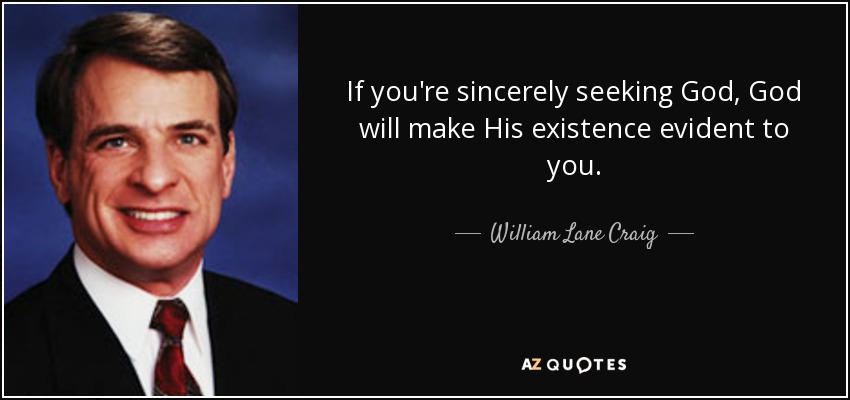Hi Reggie,
I’d been enjoying some of your posts from other threads then came across your little spiritual background sketch. I’ve already started praying for you to find God.
[quote=“Reggie_O_Donoghue, post:1, topic:36032”]
However, whilst I have been becoming attracted to Christianity of late, and I have a strange urge to keep up with this new found faith. [/quote]
I truly believe that is the Spirit speaking to you, but your intellect is getting in the way. My advice is to respond to the Spirit’s calling. I myself was a skeptic, coming to biblical faith from not believing in the bible or Jesus or any religion, only in a deistic God, and I can tell you this - Christianity isn’t an intellectual exercise, it’s living in a relationship with your creator. What turned the tide for me is when I attempted to form my own relationship with God, which started with reading the gospel of John daily. I started experiencing a sledgehammer crushing on my hard heart, especially when I came to understand who Jesus was and what my sins did to Him. I then started praying daily and ended up, after 3 months, getting baptized into Christ as a newly formed creation in Him, much to the amazement (and chagrin to some) of the people who knew me.
[quote=“Reggie_O_Donoghue, post:1, topic:36032”]
After second thoughts I have decided that there is still no basis for belief. [/quote]
NO basis at all? You surely can’t mean that. Even though, as I and others have said, Christianity isn’t a logical proposition or intellectual exercise, there is still evidence for faith. What did it for my intellectual side was the consistency of the message of sin and redemption from OT to NT. I could just feel something greater than humanity at work behind the scriptures. Also, what I think is greater than the messianic prophecies, which are great, are the OT’s prefigures and foreshadows to Jesus. They are truly amazing. Along with those, there are the 4 gospels as written accounts about the life and teachings of Jesus (3 of them first-hand), the overnight appearance of a group that was willing to die for it’s founder, wisdom found in scripture, the purity and profundity of Jesus’ teachings, the Josephus passages on Jesus, James and John the baptist, people who have dramatically changed their lives through Jesus’ teachings, the sanitary laws in Leviticus being centuries ahead of their time, etc. Of course you don’t become a Christian just through those types of evidences and usually the person in question is searching for God and looking for answers, but there is some evidence for faith.
I’ll concede that one can live a fairly good life without even believing in God, but it doesn’t compare to living as a follower of Christ. It also doesn’t give you any hope, or even knowledge of, living beyond the death of your body.
I recently suggested these 2 books which are excellent and fairly short and easy to read on reasons for faith. They are Compelling Evidence for God and the Bible by Douglas Jacoby and Is There a God? by John Oakes. Jacoby and Oakes are both Christian apologists from my faith community and fairly well known in apologetics circles (especially Douglas Jacoby).
I’d be happy to answer any questions you have through a PM (personal message).
Hope that helps!
